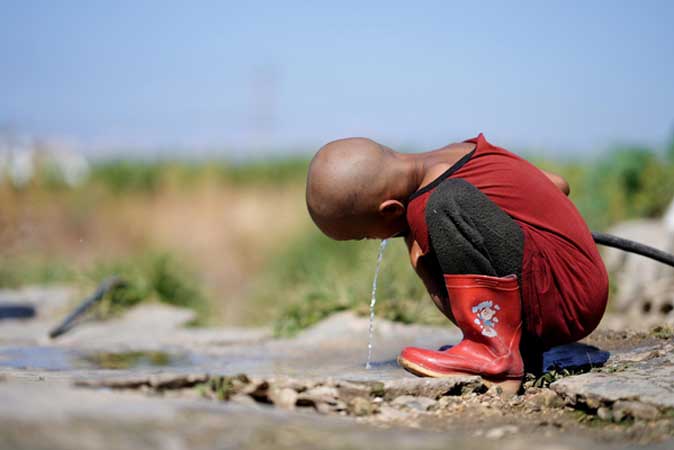The agency issued a report revealing that the prospects for a solution will remain bleak as long as the energy crisis continues, since the shortage of electricity makes it impossible to pump enough water.
According to the UNICEF representative in Beirut, Edouard Beigbeder, millions of Lebanese suffer from limited availability of clean and safe water, which is currently aggravated by the economic and financial crisis.
Beigbeder insisted on the need to address the problem for the health of children and families, pointing out payments for spare parts, repairs and diesel fuel among the main effects on public sector suppliers, in the midst of spiraling inflation.
According to the report, since the beginning of the crisis, the four Water Establishments in the country have reduced supply, often below the 35 liters per capita per day, considered the minimum acceptable amount.
According to UNICEF, many households currently depend on tanker trucks and private providers without guarantees of water quality, and the average cost of a thousand liters of water increased by almost 50 percent since last year.
mh/llp/mem/yma










